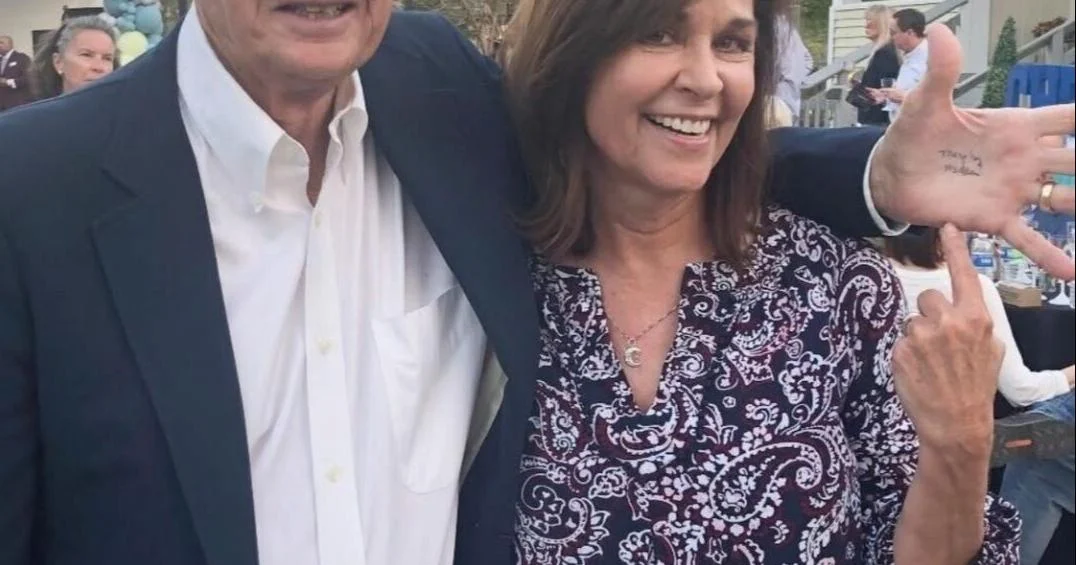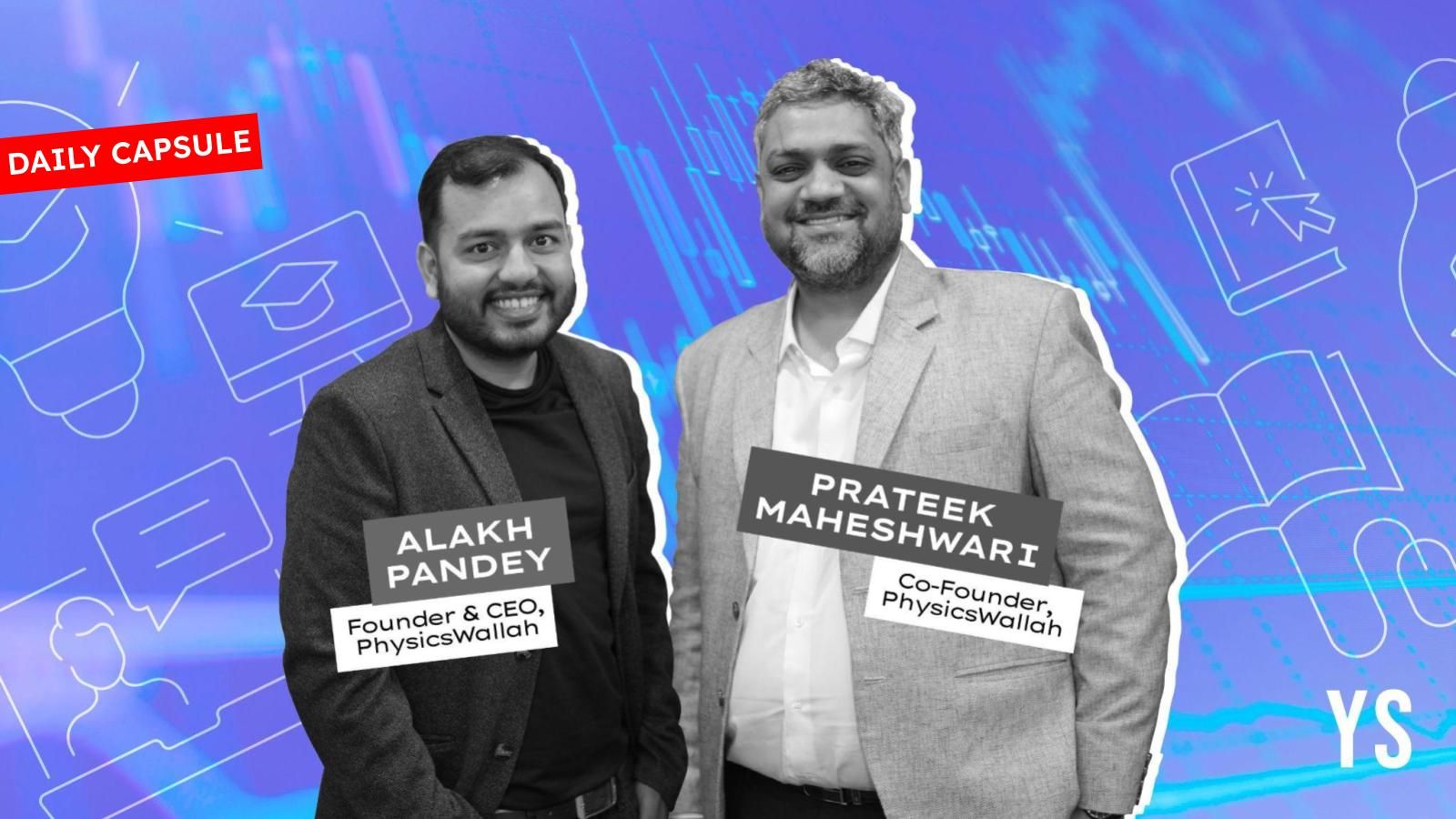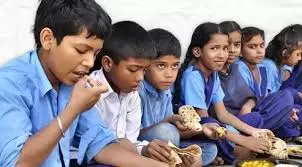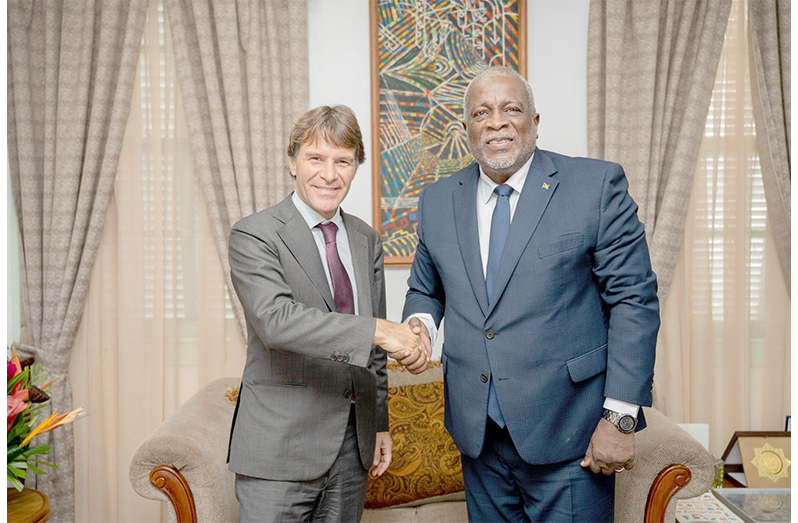Copyright Baton Rouge Advocate

Slidell native Mary Kay Walden was an average teenager who came from a middle-class family, but she made friends with the wrong people when she was young. Her series of bad choices led to spending her teen years in and out of jail, but today, she's now mentoring teenagers who are in dire need of support. At 17 years old, Walden was involved in a theft that resulted in a conviction. In 1977, she was tried as an adult in Judge John W. Greene's court. He gave her three years probation. But her probation was revoked when she was involved in another crime involving narcotics. She was supposed to be sentenced to St. Gabriel Penitentiary, but Greene sentenced her to a drug rehab program called Odyssey House. She didn't have an addiction problem, but at the time, the judge saw the rehab center as a better option than prison. As the first teenager to enter the program, Walden stayed 13 months and began her road toward a new life. After getting her General Educational Development (GED), Walden obtained her bachelor's degree in elementary education. She became a teacher and then earned a master's degree in Supervision and Administration. Meanwhile, in 1981, Greene identified a need for an organization to serve troubled and at-risk youth in the Northshore area. The Covington Junior Service League sought funding, and a grant was secured to begin the Youth Service Bureau. The Bureau's program Crossroads provides a path for juvenile lawbreakers to make restitution to their victims. This program was the first of its kind in St. Tammany Parish. Walden had a yearning to work with at-risk youth because of her past. So, when the opportunity to work at Youth Service Bureau became available, she became a case manager for Crossroads. Five years later, she was the director of Crossroads. Walden retired in February 2024, but she is still involved with the program. This interview has been edited for length and clarity. What is the importance of having interventional programs for teenagers? I am a fan of reentry programs because it's hard to go from being incarcerated, whether it's in a rehab or a prison or a jail system, to having no support on the outside. I was truly rehabilitated in that drug program, but when I got out, I had no friends. I had nothing, so I had to try to figure out my life as an 18-year-old with only my family support. Interventions help kids get back on track. The whole point of an intervention program, particularly the juvenile delinquency program Crossroads, is to prevent young people from ending up in the adult system. Being able to share my story absolutely had an effect on those harder cases, because they couldn't believe I had been through what they're going through. I believe it gave them hope and let them know that I could relate. I wasn't just somebody sitting across the desk who had no clue about what they were going through. What do you think people need to know about teenagers who find themselves in these situations? First and foremost, they're human beings. Secondly, the brain is underdeveloped until you're in your mid-20s, so there's zero consequential thinking. The last part of the brain to develop is the frontal lobe, so it's critical for us to try to get them back on the right path and steer them in the right direction. In addition to that, sometimes it's a last chance to save these young people. It requires skilled people and effective programs to get them back on track so they can understand choices and consequences. No matter how far you go down the wrong road, you can always find a way back if you're willing to work toward it. How did you get through to and connect with teenagers who had tough exteriors? It was a privilege and an honor. The other thing is that it was a huge responsibility. And I always had the innate ability to look past the behavior, and that's what allowed me to effectively do what I did, because there's always a reason for what's going on. Some of these kids just didn't have people leading them. One of the things I found helpful was letting the kids know, "You're going to learn to listen in one of three places: home, school or jail. Take your pick. Home would be the easiest, school would be the second easiest, and, obviously, jail would be the hardest. Life's about choices. You're at a crossroads, so the choices you make moving forward are going to determine the course of your life." I would look past the behavior, but also be very frank about what they needed to do in order to turn around their behavior and their choices. How are you involved today with Crossroads? I share my story. Also, if somebody needs me to talk to a juvenile because they are going down the wrong road, I am always willing to do that. My husband and I help with fundraisers. I get very emotional about this, but I really want to give a shout out to Judge Greene, because he was a visionary. He could very easily have sent me to a prison, which I deserved based on the choices I made. I was awarded the Judge Greene Award two years before I retired, which is the Employee of the Year award. I sought Judge Greene out at the Chef Soiree fundraiser to thank him. I found him, and he had my name written on his hand to find me. This is not about me. This is about a visionary who started a program, and I'm just an instrument.



